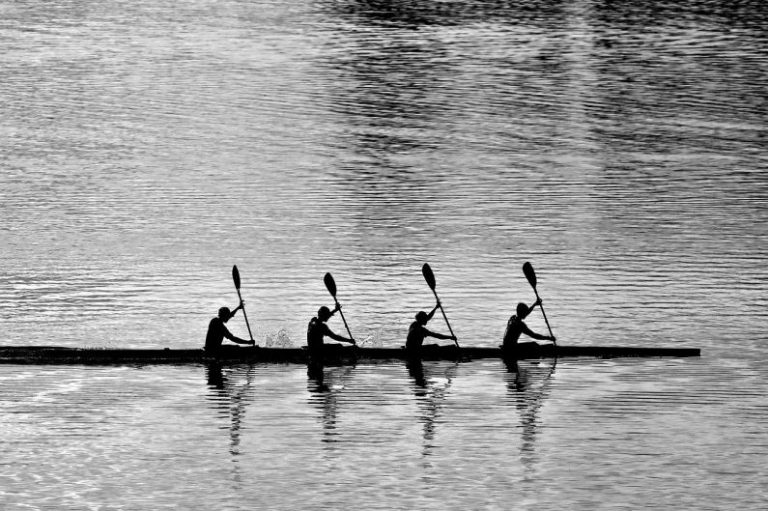
Race day is the culmination of weeks, months, or even years of training and preparation. Athletes aim to achieve peak performance on race day, pushing their bodies to the limit to achieve their best results. However, reaching that peak performance level requires more than just physical fitness; it also involves mental preparedness and strategic techniques. In this article, we will explore various techniques that can help athletes achieve race-day peak performance.
Visualize Success
Visualization is a powerful technique that can help athletes prepare mentally for race day. By visualizing themselves crossing the finish line, achieving their goals, and overcoming obstacles, athletes can enhance their confidence and focus. Visualization allows athletes to mentally rehearse their race, envisioning every step of the way, which can help reduce anxiety and improve performance on the actual race day.
Set Clear Goals
Setting clear and specific goals can provide athletes with a sense of direction and motivation. Whether it’s aiming to achieve a personal best time, finish in the top three, or simply complete the race strong, having a clear goal in mind can help athletes stay focused and determined throughout the race. By breaking down larger goals into smaller, manageable steps, athletes can track their progress and stay motivated during the race.
Develop a Pre-Race Routine
Establishing a pre-race routine can help athletes get into the right mindset and prepare their bodies for the physical demands of the race. A pre-race routine may include activities such as dynamic warm-up exercises, visualization techniques, listening to music, or engaging in relaxation exercises. By following a consistent pre-race routine, athletes can create a sense of familiarity and control, which can help reduce pre-race jitters and anxiety.
Practice Positive Self-Talk
Positive self-talk involves replacing negative thoughts and doubts with positive affirmations and encouragement. By cultivating a positive mindset and belief in their abilities, athletes can boost their confidence and mental resilience on race day. Positive self-talk can help athletes stay focused, motivated, and determined, even when faced with challenges or setbacks during the race.
Utilize Race-Day Strategies
On race day, athletes can employ various strategies to optimize their performance and achieve their goals. These strategies may include pacing oneself throughout the race, staying hydrated and fueled, focusing on breathing techniques, and maintaining proper form and technique. By developing a race-day strategy that aligns with their goals and abilities, athletes can maximize their performance and endurance on the course.
Stay Present and Mindful
Staying present and mindful during the race can help athletes tune into their bodies, monitor their performance, and adjust their pace and effort accordingly. By focusing on the present moment and being aware of their surroundings, athletes can prevent distractions, manage stress, and maintain a strong mental focus throughout the race. Practicing mindfulness techniques, such as deep breathing or body scans, can help athletes stay centered and in control during the race.
Recover and Reflect
After the race, it’s essential for athletes to prioritize recovery and reflection to optimize their performance in future races. Proper post-race recovery, including stretching, hydrating, and refueling, can help athletes recover faster and prevent injury. Reflecting on their race performance, identifying strengths and areas for improvement, and setting new goals can help athletes learn from their experiences and continue to grow and evolve as athletes.
In conclusion, achieving race-day peak performance requires a combination of physical fitness, mental preparedness, and strategic techniques. By visualizing success, setting clear goals, developing a pre-race routine, practicing positive self-talk, utilizing race-day strategies, staying present and mindful, and prioritizing recovery and reflection, athletes can optimize their performance and reach their full potential on race day. With dedication, perseverance, and a focus on continuous improvement, athletes can continue to push their limits and achieve new levels of success in their athletic pursuits.





